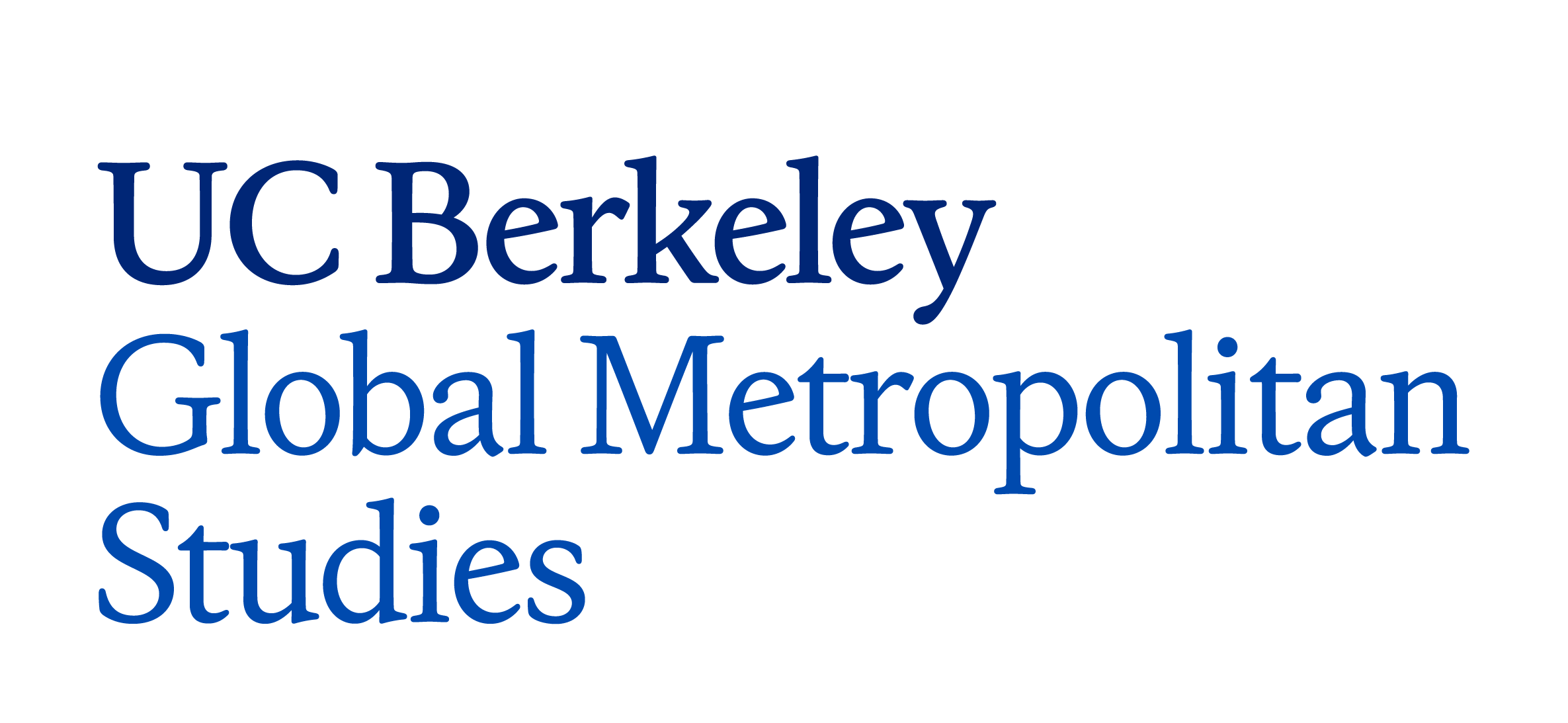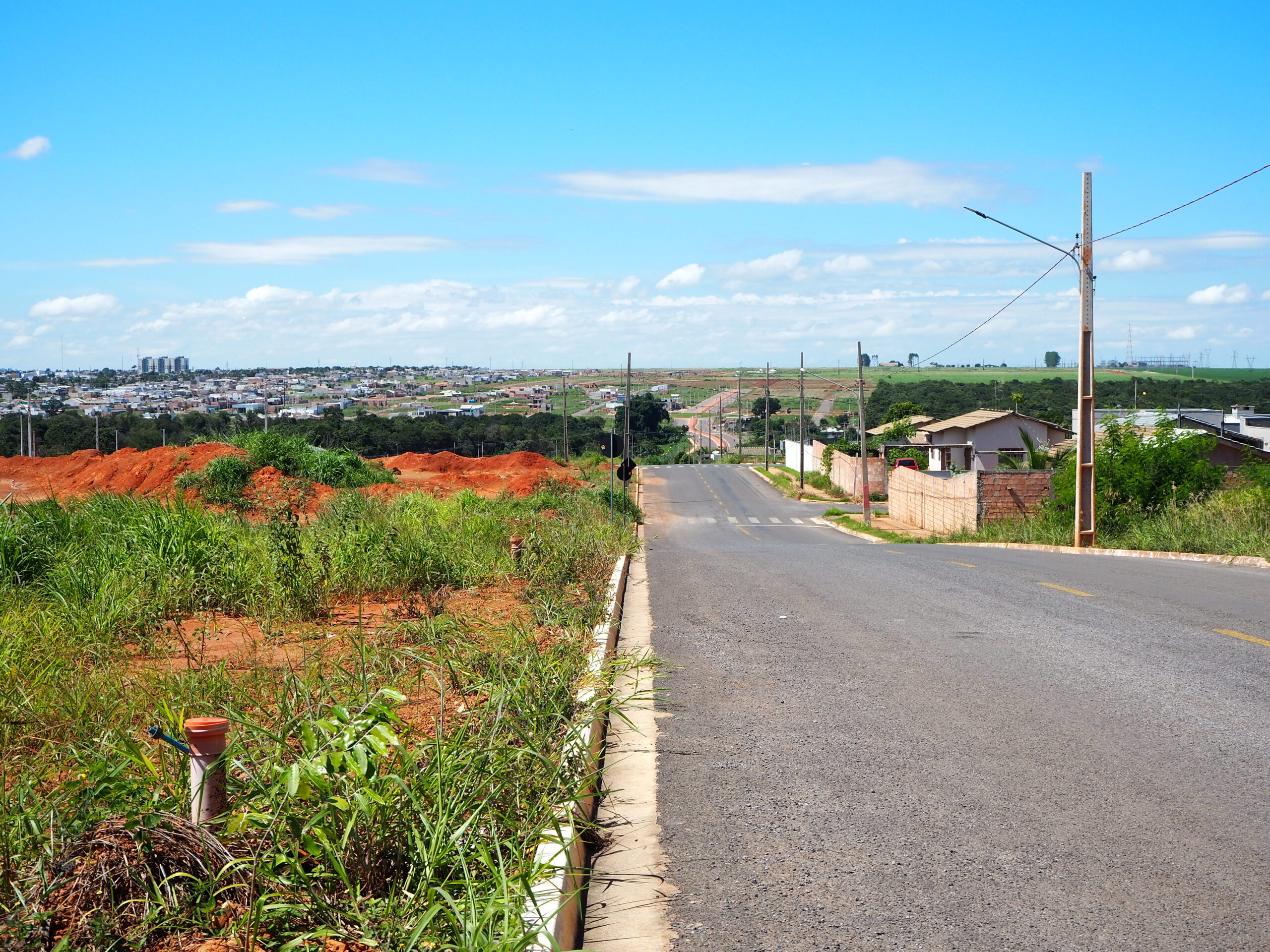During the 2000s commodities boom, the fast-paced expansion of resource extraction and large-scale farming transformed the hinterlands of countries of the global South — including the rapid growth of smaller towns. By taking up the case of Brazil, where small and mid-sized cities have been growing at significantly higher rates than the national average in regions of soybean cultivation, my dissertation project examines how the rise of a global agro-industrial economy has shaped — and has also been shaped by — locally-specific urbanization processes. The research is conceived as an extended case study along highway BR-163 in the state of Mato Grosso, Brazil, which crosses the territory of soybean cultivation, structuring a string of small towns. Fieldwork is anchored in three municipalities: Sorriso (population of 90,000), Lucas do Rio Verde (70,000), and Nova Mutum (50,000). I call these towns “soybean cities.” In order to examine the production of soybean cities, I pursue three interrelated vectors of analysis. First, through the lens of processes of capital accumulation, I analyse how trajectories of agrarian capital accumulation and capitalist urbanization intersected, generating a booming and highly-exclusionary real estate market. Second, paying close attention to urban planning practices, I investigate how decisions about land use change and infrastructure provision have become entangled with economic interests of actors from the soybean supply chain. Lastly, taking seriously the productive role of circulating narratives, I examine a pervasive form of talking about soybean cities as “ordered” (and “different” from the rest of Brazil) that fuels conservative and racialized political views.
In 2019 and 2021, I was able to do fieldwork for this research project with the support of the GMS Summer Research Grant. During this time, I was able to conduct 30+ in-depth interviews, to collect archival data in municipal and state archives, and to do ethnographic research. These fieldwork trips have allowed me to collect a range of data for my doctoral research, as well as to start reflecting on emerging themes that I will likely explore in more detail in my dissertation.

